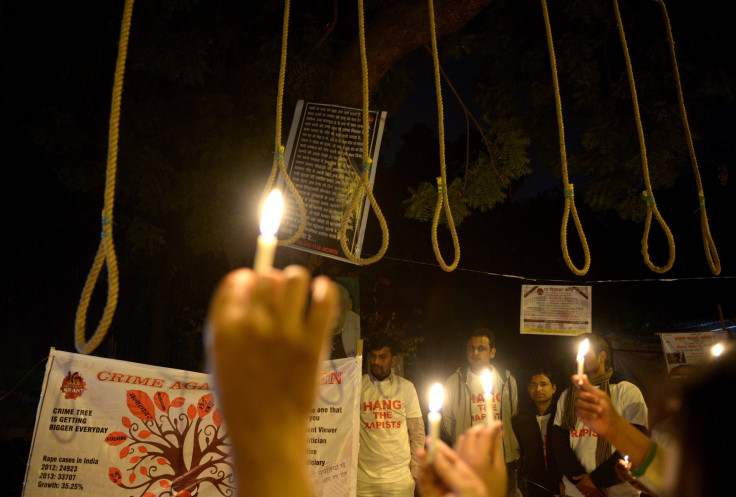Delhi 2012 Gang-Rape Case: Youngest Convict To Be Released Sunday, Indian Court Refuses To Extend Sentence

The Delhi High Court on Friday refused to extend the sentence of the youngest convict in a 2012 gang-rape case in the Indian capital city, an incident that led to massive protests in the country. The court was hearing a petition that was filed ahead of the slated release of the man, who was 17 at the time of his arrest, and believed to be the most brutal during the crime.
The court reportedly said that under the Indian law there was no provision to detain him beyond the maximum possible term of three years for a juvenile. The man, who is now 21 years old and cannot be named as he was a minor at the time of the incident, is set to be released Sunday after spending three years at a correctional facility.
"We agree it is a serious issue. But after Dec. 20, a juvenile cannot be kept at a special home per law," the court said, according to local news network NDTV.
The court's decision has angered the parents of the woman who succumbed to her injuries after the Dec. 16, 2012, incident.
"The court abandoned us. We did not get justice. Despite all our efforts, the criminal will get away with what he did," Asha Devi, the victim's mother, said, according to NDTV. She also said earlier in the day prior to the court's decision that "if he is released, his face should be shown to the world. He remains a threat to the society."
The Delhi Commission for Women, a government agency, is set to challenge the court's decision.
The petition was filed by Subramanian Swamy, a leader of the ruling Bharatiya Janata Party, who said last week that the convict's release posed a threat to society. Swamy also appealed to the Delhi High Court to make provisions in the Indian law that would help decide how to deal with juveniles involved in such serious offenses, the Times of India, a local newspaper, reported.
"He has not reformed, he has become worse, a jihadi. The law says when time has come to let a juvenile out, his mental state had to be examined by a committee. If they find his mental state is not stable, he should be kept for two more years," Swamy said in the petition, according to local news network CNN-IBN.
Meanwhile, the convict's release is not without conditions. According to the CNN-IBN report, his movements will be monitored by a management committee for the next two years, after which a decision will be taken over whether he can be released without any supervision.
In 2013, four convicts were sentenced to death while the fifth was found dead inside a prison in the capital under mysterious circumstances.
The 23-year-old girl, whose real name was Jyoti Singh, came to be known as Nirbhaya (fearless) by media. Singh was accompanied by a male friend when she was brutally raped by six men inside a moving bus. Her friend was also severely beaten, and the two were later thrown out of the vehicle. Singh was transferred to a hospital in Singapore from New Delhi, but died after 13 days of treatment.
The case gained widespread media attention and triggered protests over women safety across the country.
© Copyright IBTimes 2024. All rights reserved.












